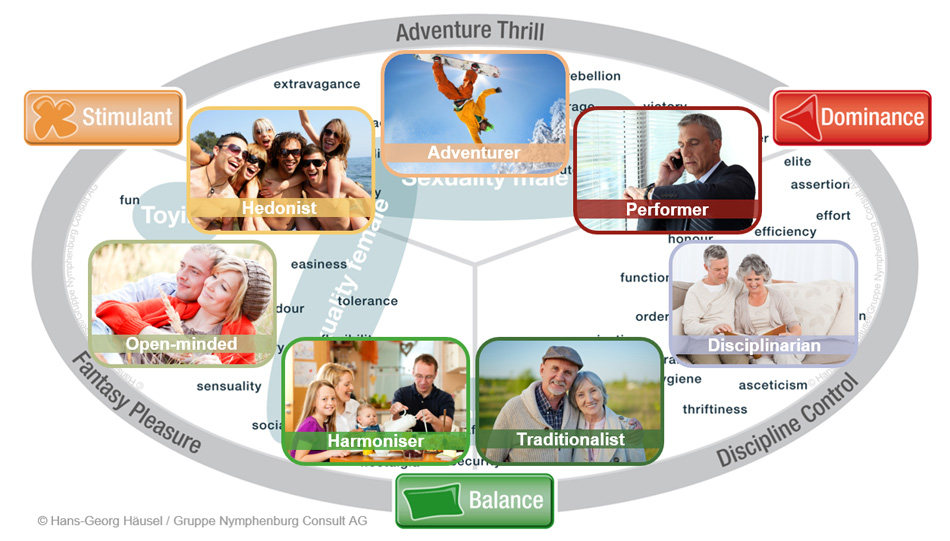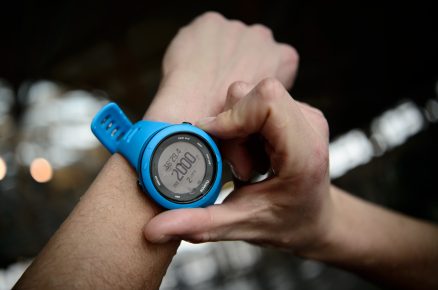Every day, dpa produces a huge amount of digital content – many thousand items a day. In the future, we would like to get this content to our users in a more targeted manner, which means the individual items need to become more relevant to the user. But this alone is not enough – which is why we have created new categories for metadata. They are a central part of our “Performing Content” strategy and also the theme of dpa’s hackathon in November.
Paid content is becoming ever more important as a source of revenue for publishing companies. On the international scene, renowned media outlets such as the New York Times, the Financial Times, the Wall Street Journal und Schibsted Media Group are relying more and more on online subscription services, and most of them have been pretty successful.
In Germany, most publishing companies are still in the early stages of this, but they are certainly trending in that direction. At the moment, the number of people here prepared to pay for digital content is comparatively low: last year, only 15.2 per cent of users paid any money at all for this type of content, according to a recent study by the DCI Institute that looked at paid content in Germany. Of that number, the majority paid for music, films and series.
We at dpa want to help publishers and media outlets with their digital transformation, which is why we started the project “Performing Content”, our path to data driven publishing. Our mission: Ensure agency news is tailored to the user and continue optimizing it with data analysis. Because one thing’s for sure: only by finding out what your readers want will you be able to keep them as loyal and paying customers.
Even the best content won’t help you without metadata
“If you do not have metadata on the content it is like sending a postcard without an address on it”, Rickard Tornblad wrote on the tech blog of the Swedish tabloid Aftonbladet, which is part of the innovative Schibsted company. Our Scandinavian neighbours have been intensively working with metadata for years. The result: Aftonbladet has over 250,000 subscribers – and Sweden only has 10 million inhabitants.
Every day, dpa produces huge amount of digital content, but the address field on our “postcard” only really contains generic thematic keywords, geocodes and the publishing date. Now, we want to start including more information in our stories.
1. Lifetime
A story’s “lifetime“ value states how long it will be topical. This type of tag was introduced by Shibsted. Dpa has adapted this idea and has identified three subcategories for the set: short (daily stories), medium (stories that can be used over a short period of time) and long (timeless articles).
2. Importance
The category „importance“ states the newsworthiness of a story. Here there are again three subcategories: “esstential” is used for news that keeps the reader up to date. “useful” is for articles that are helpful in everyday life. And “entertaining” is for stories that have an entertainment value.
3. Limbic
By following the Munich-based Nymphenburg Group‘s limbic model we’re taking an entirely new approach for the media industry. The model helps us produce targeted content and add relevant keywords. Limbic asks about the reader’s motives, which includes their values, thought processes, design and linguistic preferences. All these elements are essential for grouping individuals together

Limbic has seven subcategories: traditionalist, harmonizer, disciplined, hedonist, performer, open-minded and adventurer. We will use this system for texts and images to adapt to the user group’s linguistic style and image preferences.
So what does dpa want to achieve with this metadata? We want to understand our users better and know what type of content they prefer. This will then mean we can improve recommendations for articles on websites and direct traffic to further interesting content. In the end, we hope to increase the efficiency of our content and have more opportunities to win over customers who become subscribers.
By the way, data driven publishing the one of the topics at the dpa Hackathon “Data Deep Dive“ which takes place from November 21 to December 1 at dpa Berlin’s newsroom. I will be there as a mentor. So, if you want to find out more about “performing content” and metadata, feel free to ask me about it there.
By:
Katja Fleischmann
Performing Content Manager
Twitter: @FleischmannKat
Xing: https://www.xing.com/profile/Katja_Fleischmann2/cv
Translation: Amy Walker





